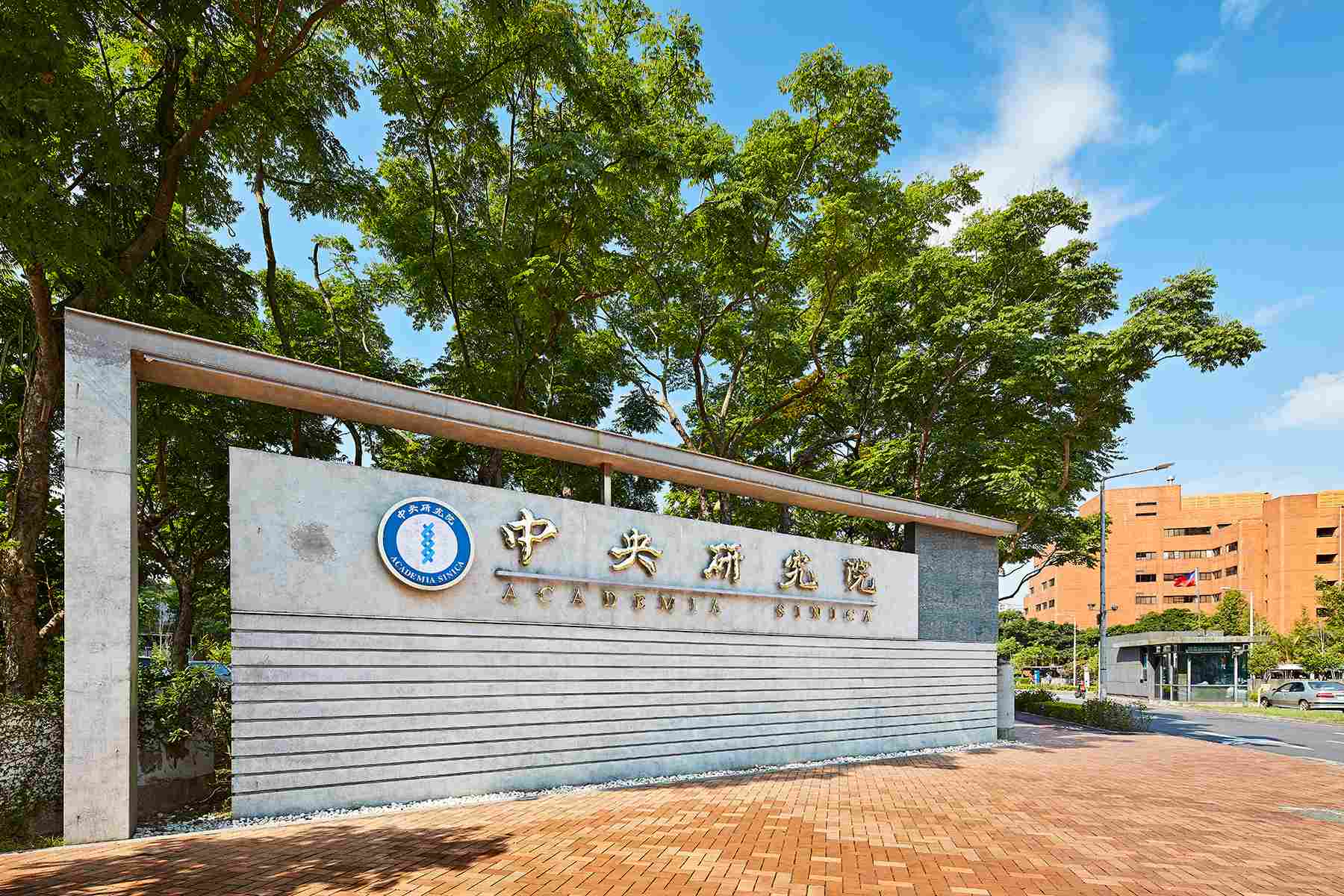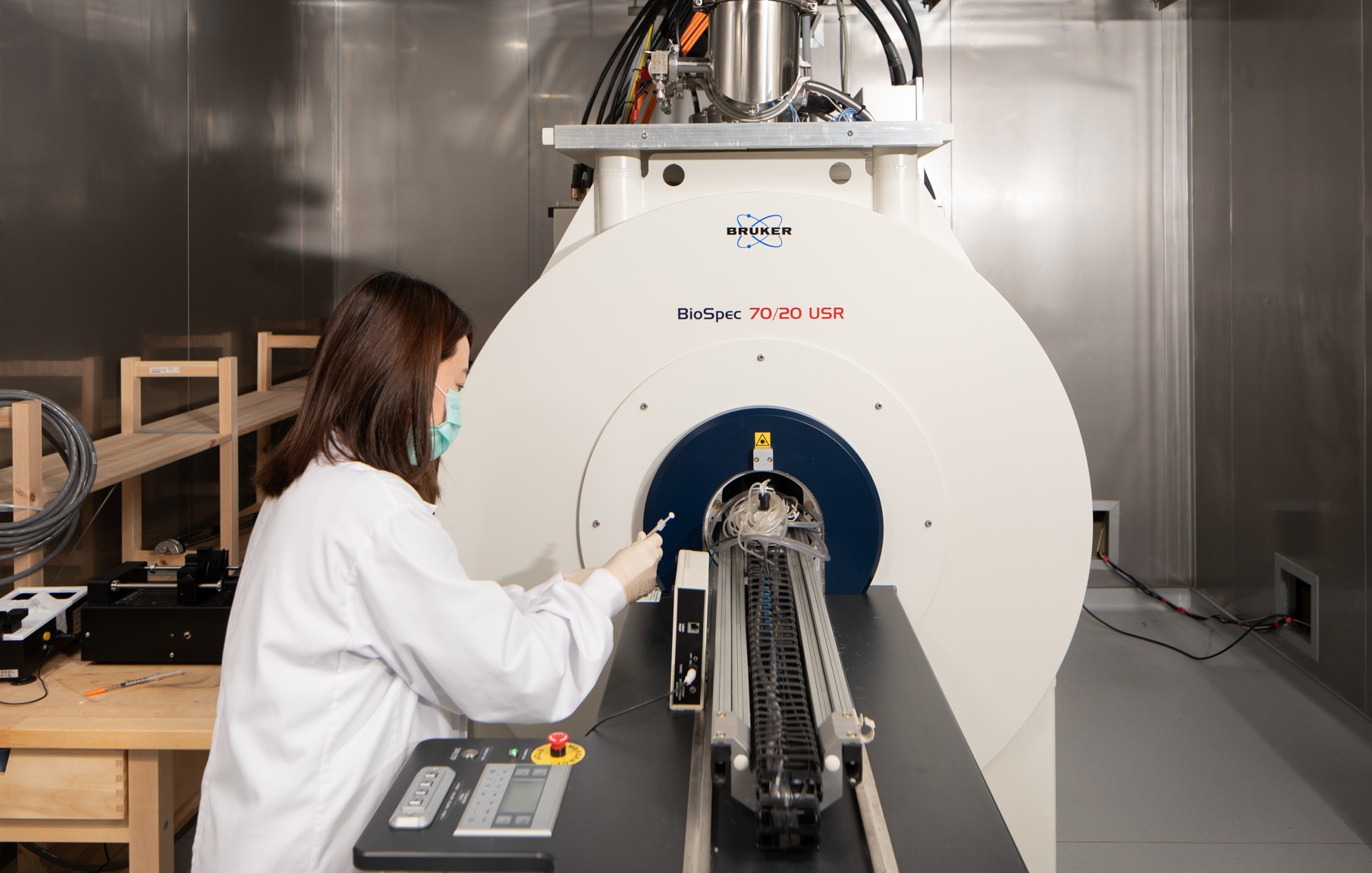Diabetic kidney disease (DKD) is the leading cause of end-stage kidney disease and it creates tremendous medical care costs. Accurate prediction of DKD with its molecular implications remains incompletely understood. Here we apply artificial intelligence (AI) algorithms to build up an interaction model that tackles the complex interconnections between diabetes mellitus (DM) and chronic kidney disease (CKD) and to identify a biomarker signature that predisposes high risk type 2 DM patients to progressing to DKD. The cohort in this study contains 618 subjects and these can be split into training (557 subjects) and testing cohorts (61 subjects). Their mean age was 63.8±12.9 yr and they included 287 males (46.4%). The interaction model uses the DM label as a feature, together with a combination of statistically significant features; this was done by integrating high dimensional data collected from 71 clinical indices, untargeted metabolomics (13,231-metabolites), lipidomics (P180-metabolites) and genome-wide single nucleotide polymorphism analysis (392,885-SNPs) datasets. The top 33 features selected by AI yield a good accuracy rate (0.76) and area under curve (0.81) when differentiating CKD and non-CKD among DM patients. Intriguingly, multiplication of two of the specific interaction features enhances the effectiveness when distinguishing CKD and non-CKD patients. Interestingly, the metabolites associated with the interaction features are processed mainly in the liver and kidney. This finding suggests that there may be an inter-organ communication potentially involved in the progression of diabetic kidney disease. In conclusion, AI-assisted discovery of the biomarker signature reveals a potential molecular mechanism underlying the complex inter-organ communication occurring during DKD pathogenesis. This signature, which consists of risk (or predictive) biomarkers, may provide novel diagnostic or therapeutic insights.
- 地址:115201 台北市南港區研究院路二段128號
- 電話:+886-2-27822120~9(共10線)
- 聯絡意見:aspublic@gate.sinica.edu.tw











 首頁
首頁

